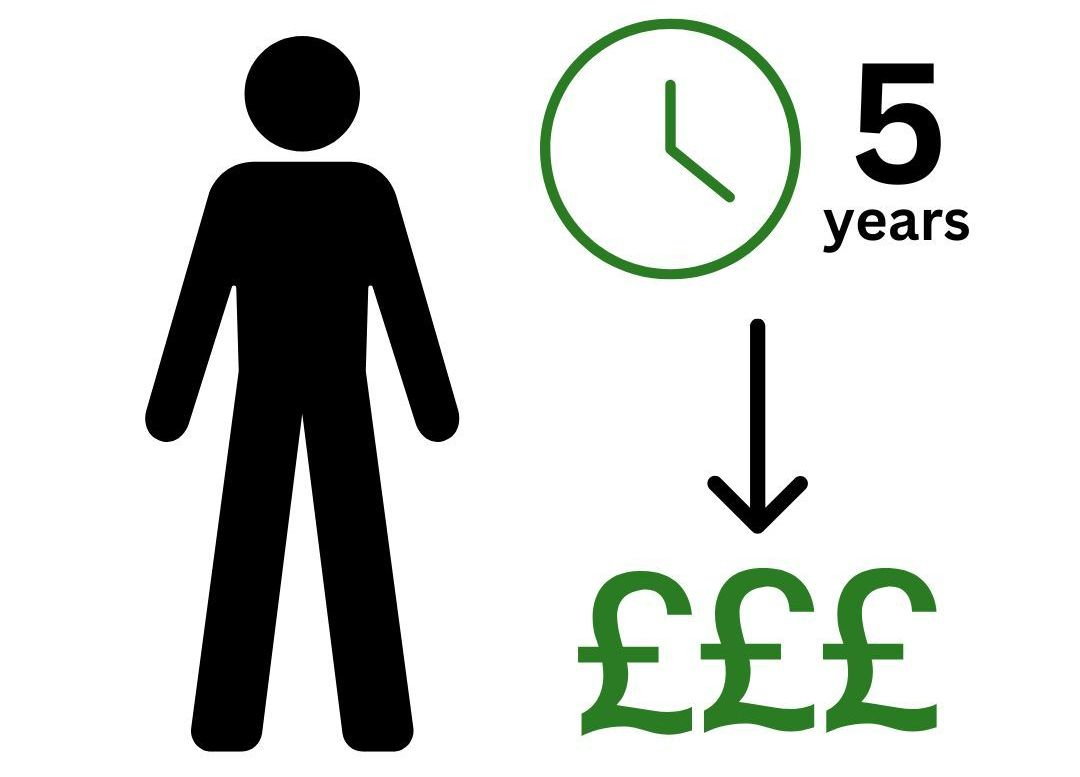Oak Shields Estate Planning Limited
Chapel House, Leicester Road
Loughborough, LE11 2AF
Your Legacy, Our Priority.
LPA vs Deputyship - What are the differences?
Powers of Attorney and Deputyship Orders grant individuals the legal authority to act and make decisions on behalf of someone who has lost mental capacity. However, there exist several fundamental distinctions between the two. Essentially, Powers of Attorney serve as proactive measures for the future – established in anticipation of a loss of capacity. Conversely, Deputyship Orders can be viewed as a final option, implemented when decisions must be made for another individual but no one has been authorised to do so legally. This article offers insights into these legal instruments and clearly outlines their differences.

What is a Lasting Power of Attorney (LPA)?
LPA gives authority to another person to act on your behalf when you lose capacity. There are two types of LPA - Property & Financial, Health & Welfare.
What is a Deputyship?
A Deputyship Order is a legal document that allows an individual to make decisions for a person who lacks mental capacity. This person is appointed after the person has lost capacity.
What are the differences?
| Factor | LPA | Deputyship |
|---|---|---|
| When can it be made? | Can only be made when the donor has mental capacity. | Can be applied for after the donor has lost capacity |
| Cost | One off Cost | Upfront cost plus recurring fees |
| Timescale | Takes around 16 weeks to register | Takes at least 6 months if not urgent |
| Preparation | Preparations for the future, made in advance | A “last resort”. Made when a decision must be made on behalf of the individual |
Cost Breakdown
LPA
It costs £82 to register each LPA with the Office of the Public Guardian unless you get a reduction or exemption.
This means it costs £164 to register both a Property and Financial Affairs LPA and a Health and Welfare LPA.
Deputyship
There is an initial cost of £371 to submit an application to the Court of Protection, plus potential fees such as assessment of the level of supervision fee, paying for a security bond and potentially court fees, hearing fees and appeals on top of that.
After you have been appointed as a Deputy, there is an annual cost in the form of a supervision fee, which is higher or lower depending on the level of supervision your Deputyship needs.
The general supervision fee is £320, and £35 for minimal supervision. Minimal supervision could apply if you manage less than £21,000. New Deputies must also pay an assessment fee of £100.
How does it work?
If the person who has lost capacity survives more than five years from the day that the LPA or Deputyship was put in place, the total costs can be seen here:
If there was an LPA in place the fees would only total £164, however if there was a Deputyship in place then it would work out at around £2,342.
The Deputyship fees would be the initial cost to submit the application (£371) multiplied by 2 for the separate LPAs, then with an additional £320 per year in supervision fees.

Contact Us Today
We understand that when a loved one dies it’s distressing and the last thing you want to do is deal with paperwork especially if you're the person in charge of affairs. Contact us today and organise your LPA so that you never leave your family in the dark.






